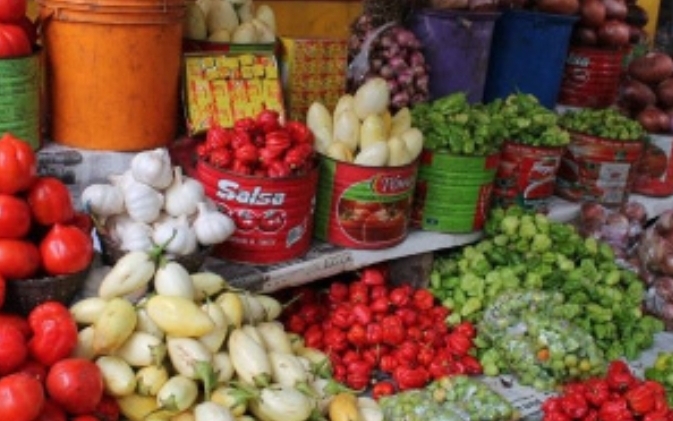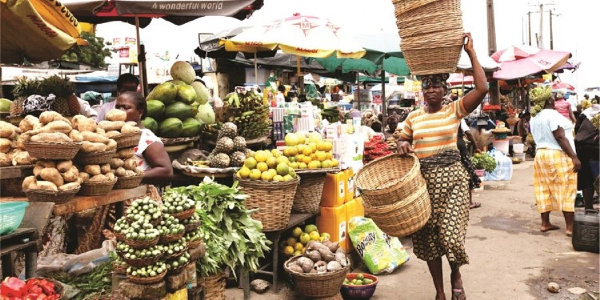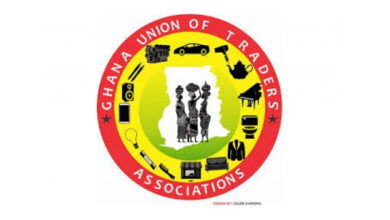Check out prices of food items in Kumasi

While some of the traders are blaming the situation on the changes in the weather pattern, others are attributing it to the increases in the prices of petroleum products and the subsequent increases in the cost of transporting goods from the farm gates to the market centres.
Madam Ama Agyeiwaa, a fruit and vegetable seller at the Asafo market told the GNA that the prices of fruits and vegetables, which were not in season were generally high.
This is because, these food items were currently scarce, and the high demand had affected their prices on the market.
She said, a medium sized bulb of cabbage, which was sold at GH₵3.00 last month, was now selling at GH₵5.00 while prices of tomatoes and garden eggs had also shot up.
Madam Agyeiwaa said a bowl of tomatoes which used to sell at GH₵10.00 was now selling at GH₵25.00 while garden eggs of the same quantity was selling at GH₵20.00.
She said the price increases had affected the purchasing power of most people and hence slowed down business of the traders.
“Customers barely come around to purchase foodstuffs because there is no money in the system, which is why market has been slow”, she told GNA.
However, Madam Akosua Mansah, also a fruit seller, blamed the increases on the frequent increment in fuel prices which had affected the transportation of the food items to the marketing centres.
She said the increases in the prices of fruit and vegetables had affected the consumption patterns of most Ghanaians who were supposed to take in adequate fruits and vegetables to stay healthy.
Madam Mansah explained for instance that, a medium sized apple which was sold at
GH₵2.00 is now selling at GH₵5.00 forcing many people to stop eaten apples.
A box of grapes which used to cost GH₵5.00, has now increased to GH₵10.00.
She also blamed the increases on high duty charges at the ports for the imported fruit and vegetable food items.
Madam Mansah stressed the need for the government to encourage the local cultivation of such products to make them easily available in the country.





